Meet Bill Bailey: Attorney, Professor, Visual Communicator
Professor William “Bill” Bailey has devoted nearly forty years to trial law. During his career as both attorney and professor, Bailey has made several adjustments to his trial practice...
Free Shipping on Orders Over $200
Professor William “Bill” Bailey has devoted nearly forty years to trial law. During his career as both attorney and professor, Bailey has made several adjustments to his trial practice...
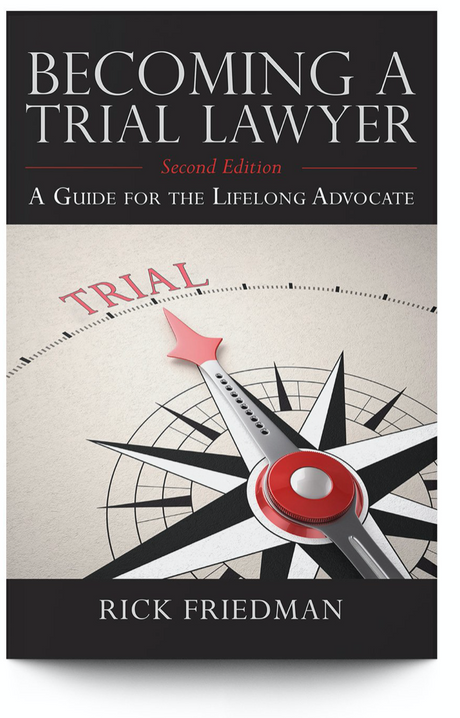
Law schools teach that you should object to every objectionable question, and raise every issue in litigation. Following your law school education on these issues risks you losing your clients'...
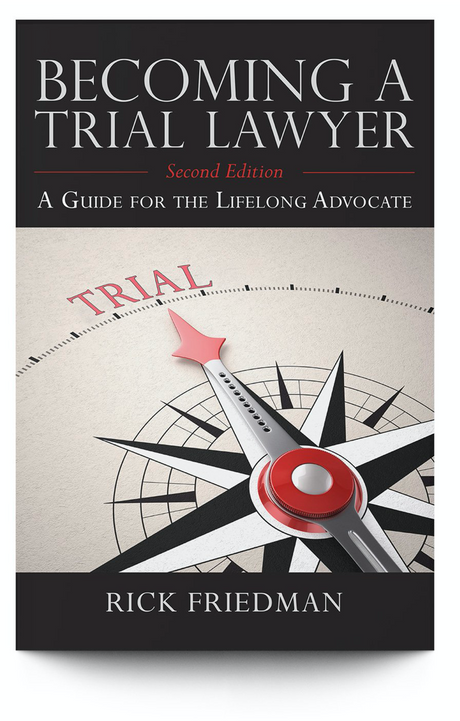
The way to play it safe in law school was to raise and explain every possible issue. If five arguments supported a particular result, you had better discuss them all....
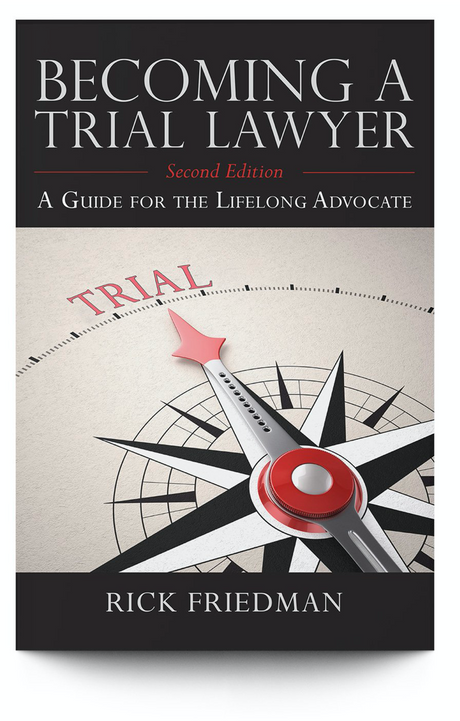
Trial lawyers have no established standards for determining when someone is ready to try a case. As you wrestle with the question of whether you are ready, remember that this...
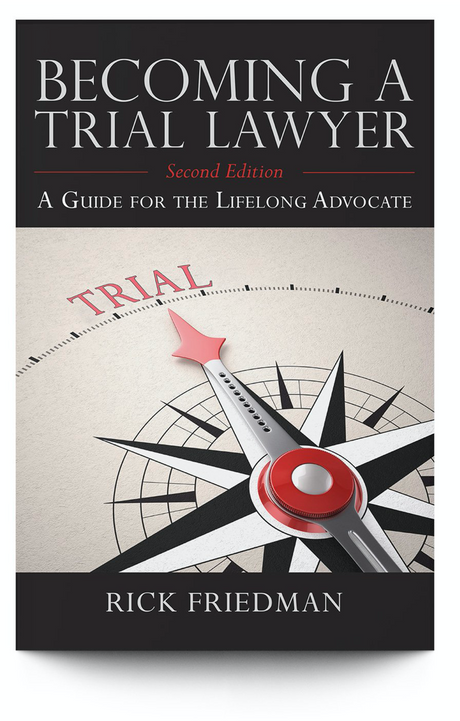
Lawyers with nearly flawless technique can lose case after case, while lawyers who appear clumsy and bumbling can win repeatedly. To be a good trial lawyer, be willing and able...
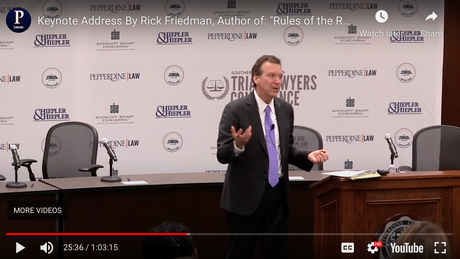
Rick Friedman spoke at Pepperdine Law School on January 26th, 2019 in Malibu, California. Below is a video of the inspirational keynote address that he gave to the lawyers and law...
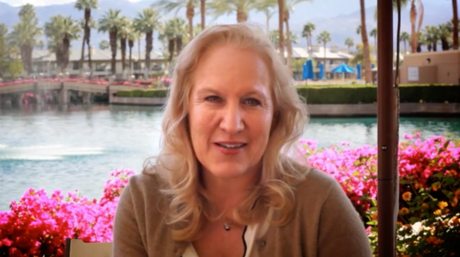
The following is an interview with one of America's greatest trial lawyers, Randi McGinn. She is a member of the Inner Circle of Advocates an invitation-only group of the 100 best trial lawyers in America,...
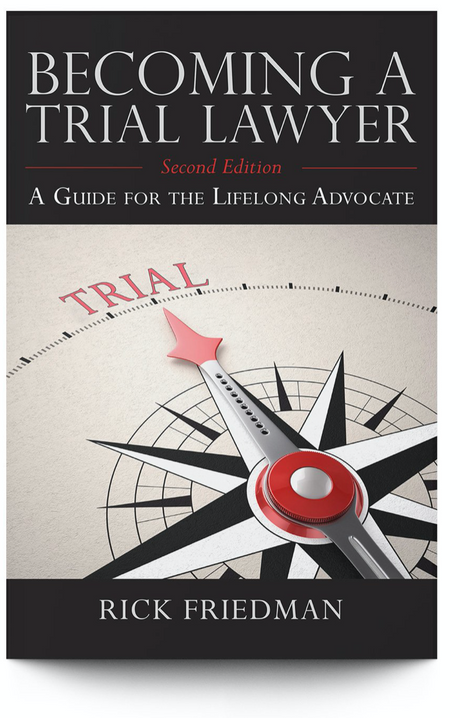
If you are a professor of trial advocacy, you train the trial lawyers of the future. While many books purport to educate young trial lawyers on trial procedure and trial techniques,...